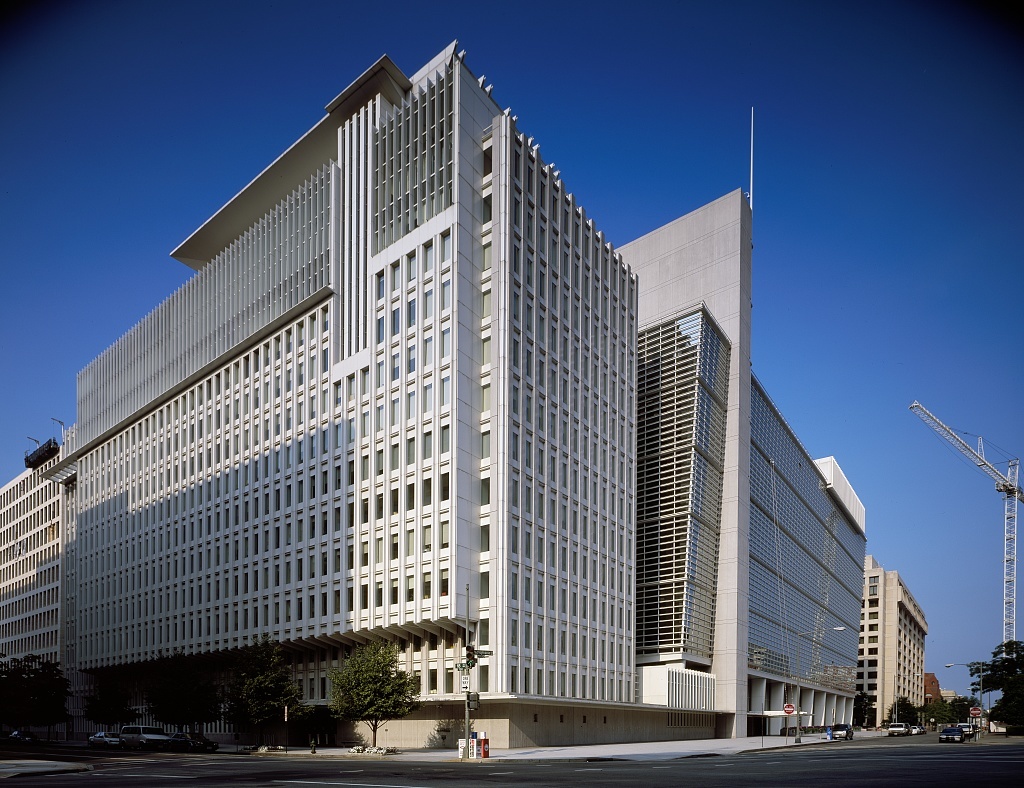LONDON (Parliament Politics Magazine) – The UK government’s mini-budget has drawn criticism from the International Monetary Fund (IMF), which warns the plan for tax cuts and expenditure will worsen inequality and go against the monetary policy of Bank of England.
The international banking institution made scathing remarks on Tuesday in response to the competing government and currency policies that aim to boost the economy through tax cuts and control inflation through interest rate hikes.
A spokesperson said, “It is important that fiscal policy does not work at cross purposes to monetary policy”.
The IMF also advised against fiscal policies that are not directed at specific people, with one former deputy governor of the Bank of England reiterating worries in this regard.
The spokesperson continued that given the rising inflation pressures in many nations, including the UK, they did not currently suggest big and untargeted fiscal packages, since it is crucial that fiscal policy does not conflict with monetary policy.
Unequivocally the organisation stated that the nature of the UK measures would probably worsen inequality.
More targeted support must be considered
It adds to the growing criticism of the government’s decision to borrow money to fund the largest tax cuts in 50 years.
The mini-budget announcement caused the pound to reach an all-time low, increasing the cost of importing goods and driving up the cost of government borrowing.
The IMF urged the government to think about providing more targeted support to business and families.
The IMF stated that the announcement of Chancellor Kwasi Kwarteng’s 23 November fiscal plan, coupled with predictions from the Office of Budget Responsibility, would be a suitable time to do this.
The UK government would have an early chance to consider methods to provide more targeted support and re-evaluate the tax measures, notably those that benefit high-income individuals, IMF said.
The organisation further warned that it was closely monitoring recent economic developments in the UK and that it was in contact with the authorities.
In the past, the IMF was forced to get involved in UK affairs.
During a financial crisis in 1976, Britain was forced to request for an IMF loan of around $4 billion. IMF negotiators at the time insisted on significant reductions in public spending.





